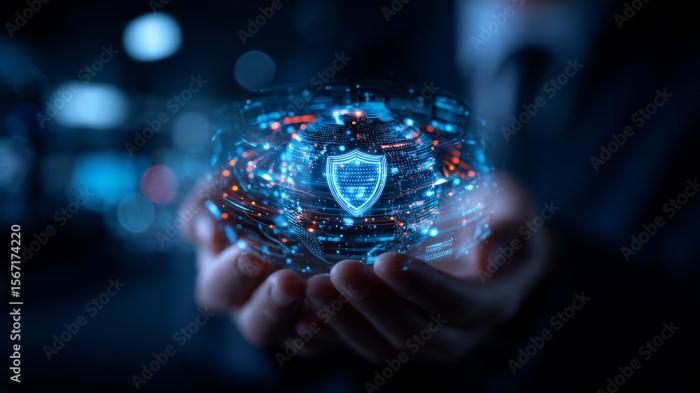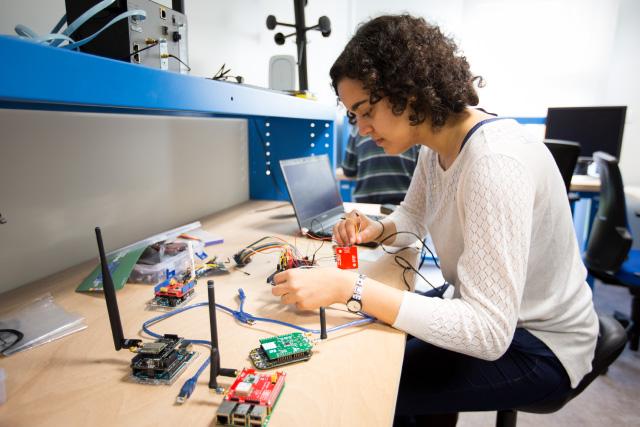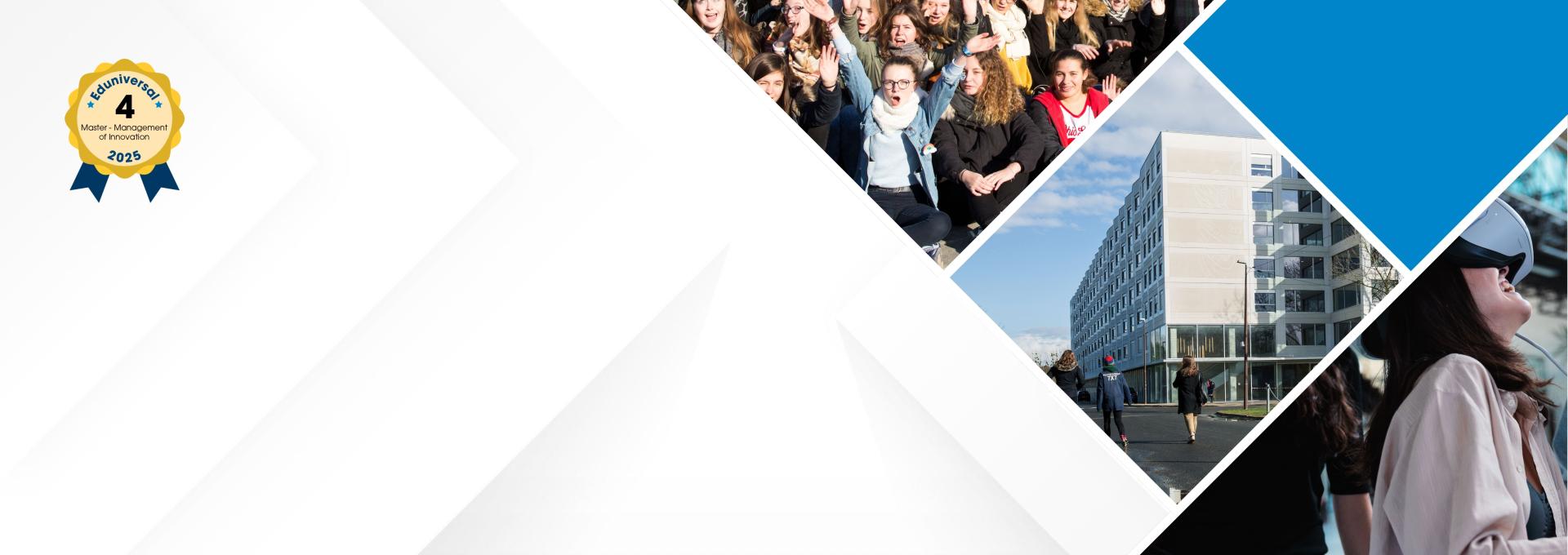A two-year course taught entirely in English, the Internet of Things: Innovation and Management Master’s Program is geared towards training future experts in digital transformation.
New technologies are developing at a very fast pace, with an increasingly strong impact on society. It is now imperative that key players in industry adapt and innovate in order to stay competitive. Faced with this rapid digitalization, the MSc&T IoT Program meets the needs of both large- and small-scale businesses, by molding students into leaders of the new technological revolution.
Ecole Polytechnique’s renowned multidisciplinary education equips students with the skills to meet the technological, economic, legal and societal challenges of the ever-expanding world of the IoT.
Visiting Lecturers
The IoT Program directors organize regular “After Hours” seminars, which are open to all students at Ecole Polytechnique. These sessions give them the opportunity to meet with IoT specialists in various domains of current interest, in order to find out more about their professions. Students have attended, for example, lectures given by TrendX; the inventor of Aura; Jean-Louis Rougier, a professor from Télécom ParisTech; EDF smart grid engineers; and Bernadette Charron-Bost, researcher at the CNRS.
The MSc&T IoT Program is based on six thematic areas that allow students to develop their expertise in the field of connected objects:
- Electronics: objects, captors, sensors, and more
- Communications: connectivity, data transmission
- Software Systems: embedded systems, cloud and data exploitation
- Law & Regulation: intellectual property, individual rights & data protection
- Management & Economics: monetization of data, business models, Innovation and entrepreneurship, Strategy, Project management
- Society & Sociology: behavioral interaction, social changes
The ideal Bachelor's degree for candidates applying to our MSc&T Internet of Things: Innovation and Management program is in Computer Science and Technology.
Candidates holding a Bachelor's degree in Applied Mathematics and Electrical/Electronics Engineering are also eligible.


I had a great experience at Ecole Polytechnique. I liked team projects and working with people from diverse backgrounds. I learned about database management systems, machine learning, big data tools, computer networks and more. One class was particularly very helpful in my current job: network protocal success. Besides technical skills, Ecole Polytechnique taught me about start-ups ecosystems and business evaluation - which is very useful in my domain.
All students currently enrolled in Year 2 have received job offers from the companies where they completed their Year 1 internship.
The IoT Master’s Program trains entrepreneurs, engineers and consultants, who are passionate about the world of connected objects and curious to discover all of its related sectors.
All throughout the Program, our students learn to design new objects, improve our use of existing objects, create business models, advance our understanding through research, and much more.
Our students’ technical and scientific knowledge, coupled with the skills they acquire through completion of their Graduate Project, enables them to build a highly competitive profile for applying to the best start-ups, companies and research centers. The Master’s Program also opens up avenues into PhD study for those who wish to pursue this route.

